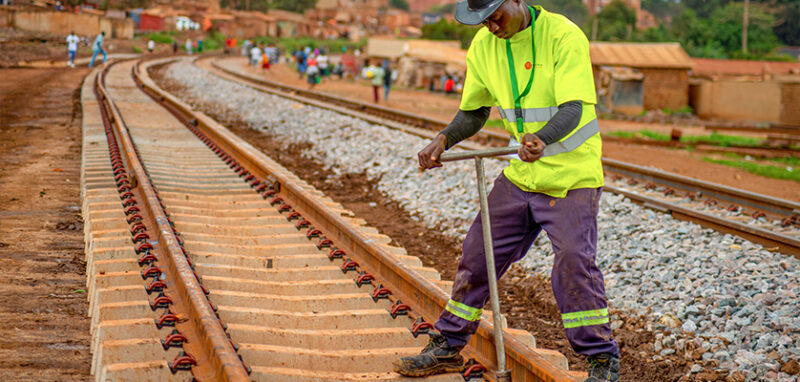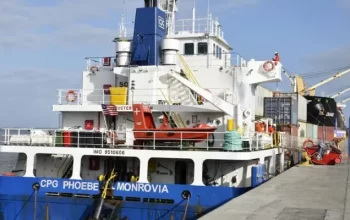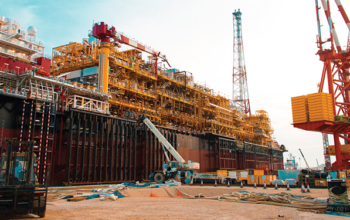The rail development is part of a broader proposed infrastructure budget of P11.54 billion (R15.4 billion).
“Railway infrastructure is essential to industrial and logistical operations. It offers a cost-effective and environmentally sustainable transportation solution,” said Gaolathe.
The total budget for rail projects amounts to P156 million, covering the rehabilitation of the Limpopo Corridor, the procurement of Botswana Railway Workshop equipment, and feasibility studies for the Mmamabula-Lephalale and Mosetse-Kazungula railways.
Gaolathe also highlighted that the development budget includes several information and communication technology projects, such as upgrading the local area network, supplying equipment, and digitizing driver tests.
He noted that the state of Botswana’s road networks, rail systems, power, water, and sewerage infrastructure is insufficient to support the country’s vision of building a robust and inclusive economy.
Additionally, the lack of modern infrastructure to support agriculture and world-class airports poses significant challenges to Botswana’s ambition of becoming a regional logistics hub.
“There is a critical need to upgrade and expand our infrastructure ecosystem. This will unlock economic opportunities and improve the quality of life for more citizens,” Gaolathe stated.
The proposed P11.54 billion development budget aims to fund these infrastructure projects. However, Gaolathe emphasized that modernizing and transforming infrastructure is a gradual process requiring time and resources, not something that can be accomplished in a single financial year.
Public-Private Partnerships (PPPs) will be crucial in mobilizing resources to accelerate development and ensure the successful delivery of projects.
“The government is progressing in creating a legal framework for better management of PPP projects,” he said.
The draft Bill on PPPs is expected to be finalized and presented to Parliament during the 2025/2026 financial year.
“Once enacted, the Bill will strengthen private sector partnerships and provide a platform for both domestic and international consortiums to fully benefit from the PPP model.
This will reduce fiscal pressure on the government budget and enhance the country’s growth and investment prospects,” Gaolathe concluded.




